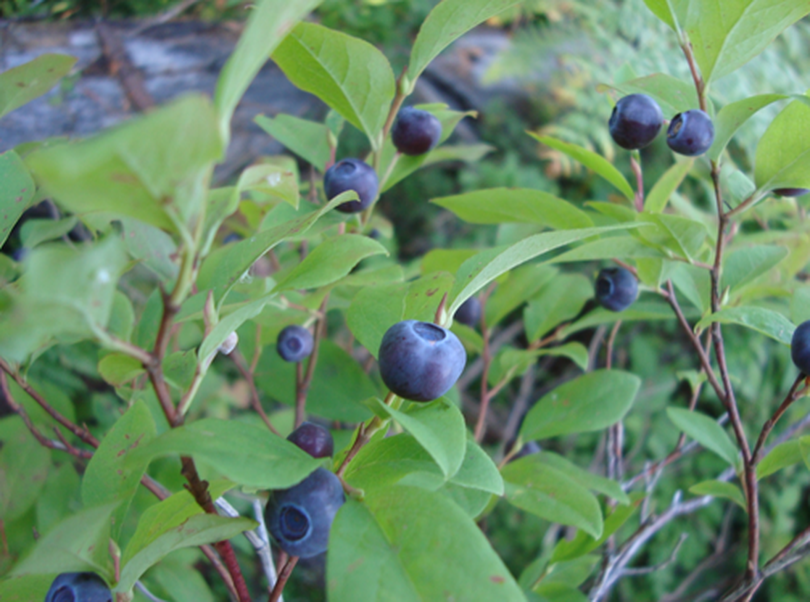Berry picker suffers bites after surprising grizzly

WILDLIFE -- A bear attack on a huckleberry picker that didn't result in major injuries is giving Glacier National Park officials a chance to promote bear awareness in this season of increased bear activity.
A park employee, while off duty picking huckleberries in the Swiftcurrent valley, surprised what is believed to be a grizzly bear. She sustained non-life threatening injuries to the leg and the hands. The surprise encounter which led to a non-predatory attack occurred on Saturday in the early evening.
The woman walked most of the Swiftcurrent Pass Trail back before she was met by park rangers an taken to medical help.
She was carrying bear spray but it was not deployed. Hikers reported a grizzly bear sow and two cubs leaving the area shortly after the incident.
The last Glacier National Park visitor injury by a grizzly bear was on Sept. 29, 2015, when a 65-year old male hiker surprised a sow grizzly with two sub-adult cubs, receiving puncture wounds to his lower leg and injuries to his hand.
"Bears spend a lot of time eating, so be extra vigilant when crossing through obvious feeding areas like berry patches, cow parsnip thickets, or fields of glacier lilies," Park officials say on their Recreating in Bear Country webpage.
Hikers are highly encouraged to hike in groups, make noise when hiking, and have bear spray accessible and know how to use it.
At this time of year, bears are entering a phase called hyperphagia: a period of concentrated feeding to prepare for hibernation. It is especially important that visitors keep campgrounds and developed areas clean and free of food and trash.
Regulations require that all edibles, food containers, and cookware be stored in a hard-sided vehicle or food locker when not in use, day or night. Place all trash in bear-proof containers.
Do not burn waste in fire rings or leave litter around your camp. Fire rings should be free of trash before vacating a campsite.
Abiding by these guidelines will make your camping experience safer, an increase the safety for hikers and campers who come after you.
